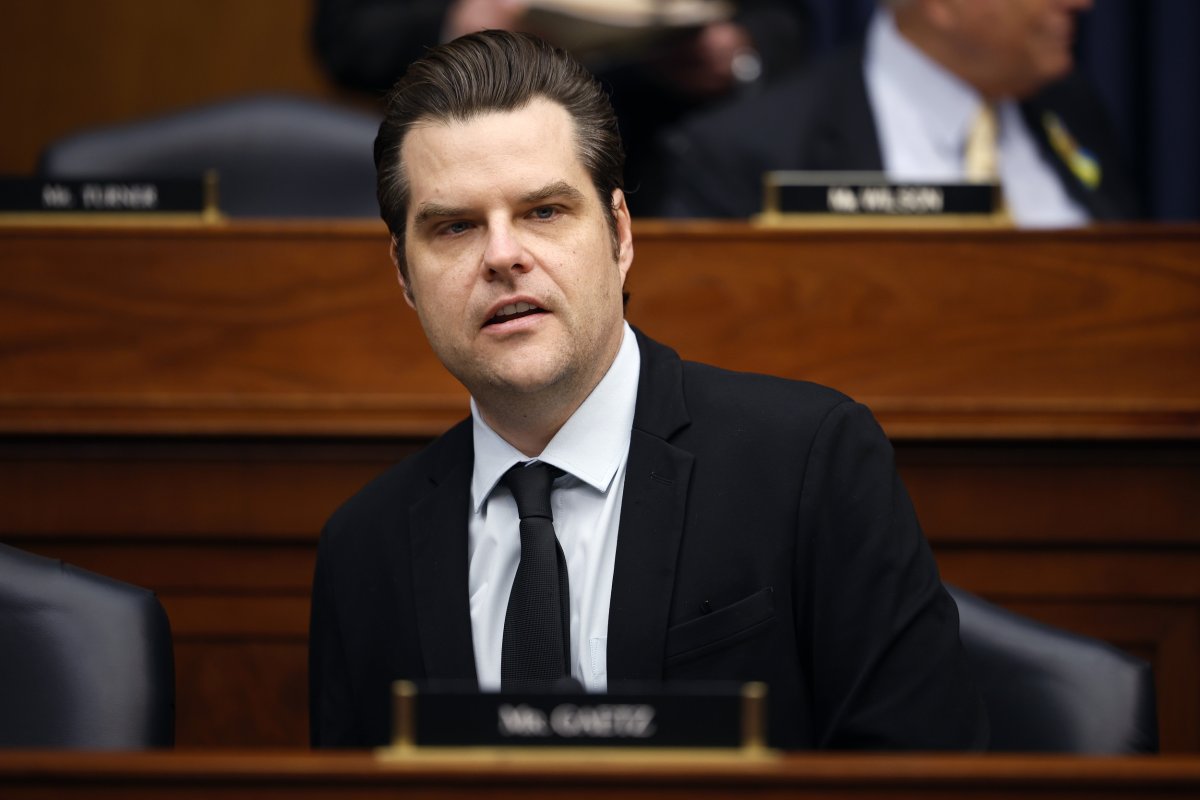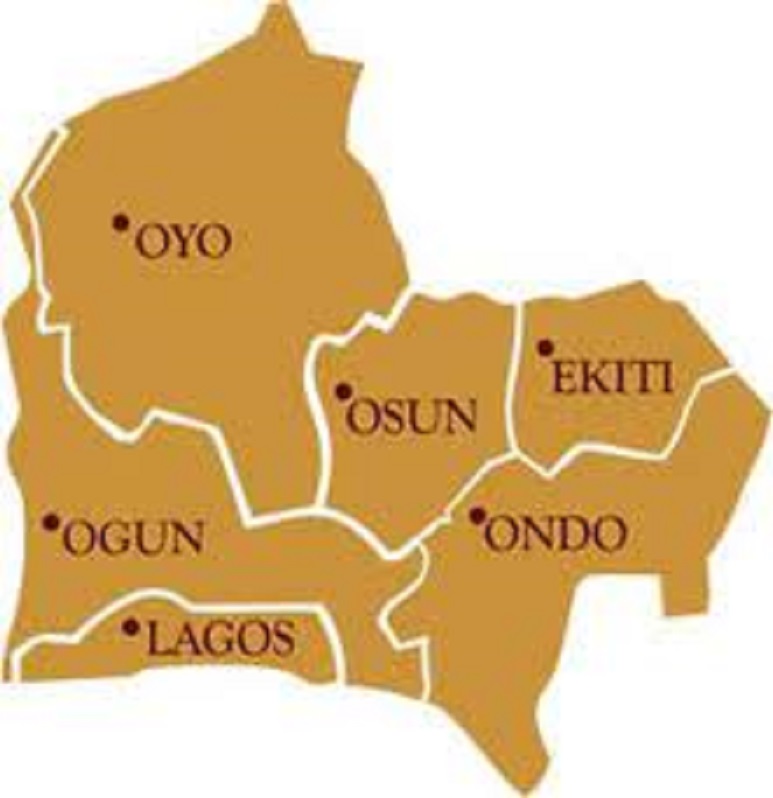Politics
SERAP Sues 36 Governors, Wike Over Trillion-Dollar Loans
The Socio-Economic Rights and Accountability Project (SERAP) has taken legal action against the governors of the 36 states of Nigeria and the Minister of the Federal Capital Territory, Nyesom Wike, for allegedly failing to disclose and publish the details of loans totaling N5.9 trillion and $4.6 billion obtained by their respective states and the FCT.
The lawsuit, filed under suit number FHC/ABJ/CS/592/2024, was lodged on Friday at the Federal High Court in Abuja by SERAP’s legal team consisting of Kolawole Oluwadare, Kehinde Oyewumi, and Valentina Adegoke.
In a statement released on Sunday, SERAP urged the court to compel the governors and Mr. Wike to provide an account of the loans and publish the loan agreements, as well as the locations of projects financed by the loans.
The lawsuit follows SERAP’s previous demand, outlined in a statement issued by the organization’s Deputy Director, Kolawole Oluwadare, on March 31, 2024, which was directed to the 37 respondents.
Kaduna State Governor, Uba Sani, expressed concern over the substantial debt inherited from his predecessor, Nasir El-Rufai, on May 29, 2023, stating that the state is now struggling to meet financial obligations such as salary payments.
Sani disclosed that his administration inherited a total of $587 million, N85 billion, and 115 contract liabilities from the previous governor.
In its latest statement, SERAP called upon the court to compel the governors and Mr. Wike to involve the Economic and Financial Crimes Commission and the Independent Corrupt Practices and Other Related Offences Commission in investigating the expenditure of all loans acquired by their respective states and the FCT.
In the suit, SERAP is arguing that “it is in the public interest to grant the reliefs sought. Nigerians have the right to see and scrutinise the loan agreements and know the details of how the domestic and external loans obtained by the governors and FCT minister are spent.
“Opacity in the spending of the loans obtained by the governors and Mr. Wike would continue to have negative impacts on the fundamental interests of the citizens.”
The statement highlighted concerns that numerous states, including the FCT, allegedly utilize public funds, potentially including loans, to finance unnecessary travel, purchase luxury vehicles, and support extravagant lifestyles of politicians.
It further asserted that there are purported mismanagement issues regarding public funds, including both domestic and external loans obtained from various institutions and agencies.
SERAP stressed the necessity of transparency in loan spending, emphasizing its significance in enhancing accountability, curbing corruption, and fostering trust in democratic institutions, ultimately aiming to bolster the rule of law.
The statement also emphasized that state governors and the FCT minister cannot use the excuse that the Freedom of Information Act does not apply to their jurisdictions.
It asserted that legal obligations to disclose the requested information are imposed by both the Nigerian Constitution and the African Charter on Human and Peoples’ Rights.
Although no hearing date has been set for the suit, SERAP lamented that the country’s high poverty rate, underdevelopment, and lack of access to public goods and services are attributed to years of alleged corruption and mismanagement of public funds, including loans obtained by states and the FCT.
SERAP cited the Debt Management Office, stating that the combined public domestic debt of Nigeria’s 36 states and the Federal Capital Territory amounts to N5.9 trillion, while the total public external debt stands at $4.6 billion.
However, SERAP expressed concerns that both domestic and external loans obtained by states and the FCT are susceptible to corruption and mismanagement.
As a result, the respondents are urged to prioritize transparency and accountability in the utilization of these loans to mitigate the risk of corruption and mismanagement.
Politics
PDP Governors Probe Ondo Polls, Criticizes Edo Result
The Peoples Democratic Party (PDP) has rejected the outcome of the Ondo State governorship election, accusing the ruling All Progressives Congress (APC) of electoral malpractice, including vote-buying and result manipulation.
This was disclosed during a meeting of the PDP Governors’ Forum on Saturday in Jos, Plateau State.
READ ALSO: NECO Expands Global Footprints, Accredits Niger, Equatorial Guinea Schools
The forum, chaired by Bauchi State Governor Bala Mohammed, criticized the conduct of the election, which saw APC’s Governor Lucky Aiyedatiwa secure a landslide victory for another four-year term in Alagbaka, Akure.
“We are still reviewing documents from the Ondo election, where the APC openly bought votes and manipulated results,” Mohammed said.
He urged the judiciary to “save Nigerian democracy” and called on the National Assembly to strengthen electoral laws to prevent what he described as “institutional sabotage of the people’s will.”
The PDP governors also condemned the September governorship election in Edo State, describing it as a “rape of democracy.”
The forum accused the Independent National Electoral Commission (INEC) of colluding with the APC to declare its candidate the winner despite claims that the PDP candidate, Asue Ighodalo, had secured the majority of lawful votes.
“INEC blatantly manipulated the results in favor of the APC candidate. This undermines the credibility of our electoral process,” Mohammed said.
Beyond electoral grievances, the governors urged the PDP’s National Working Committee (NWC) to convene a National Executive Committee (NEC) meeting by February 2025.
They emphasized the need for broader consultations with stakeholders to resolve the party’s internal leadership crisis and strengthen its position as the main opposition party.
The forum reiterated its commitment to democratic values and vowed to push for electoral reforms that would restore public confidence in Nigeria’s electoral process.
The Ondo governorship election has sparked a renewed call for transparency in the country’s electoral system, with the PDP vowing to challenge what it views as a subversion of democracy.
Politics
Gaetz Withdraws From Trumps Cabinet Nomination

Following his observations that ‘the momentum was strong’ Matt Gaetz whom 47th POTUS elect, Donald Trump nominated for Attorney General has withdrawn.
Biztellers reports that this follows his meeting with Senate and the feedback, which included two women, represented by their attorneys, who accused him of having paid for sex.
Consequently, Gaetz placed on record his full commitment to seeing “that Donald J. Trump is the most successful President in history.”
His withdrawal according his statement on micro-blogging site, X, was based on his conviction that “There is no time to waste on a needlessly protracted Washington scuffle”.
ALSO READ: Trump Taps 27-Year-Old Karoline Leavitt As New White House Spokesperson
In is view, “Trump’s DOJ must be in place and ready on Day 1”.
Gaetz wrote, “I had excellent meetings with Senators yesterday. I appreciate their thoughtful feedback – and the incredible support of so many. While the momentum was strong, it is clear that my confirmation was unfairly becoming a distraction to the critical work of the Trump/Vance Transition. There is no time to waste on a needlessly protracted Washington scuffle, thus I’ll be withdrawing my name from consideration to serve as Attorney General. Trump’s DOJ must be in place and ready on Day 1.
“I remain fully committed to see that Donald J. Trump is the most successful President in history. I will forever be honored that President Trump nominated me to lead the Department of Justice and I’m certain he will Save America.”
His backers have promptly encouraged to take his seat in the House of Representatives, having been elected to the house under the flag of the Republicans to represent Florida.
Politics
Adeleke Represents SW On Ad Hoc Committee on Nat’l Electrification Plan

The Executive Governors from Nigeria’s South West have unanimously nominated Senator Ademola Adeleke as the chairman of the zone on the National Economic Council (NEC).
Adeleke is the Executive Governor of Osun State, southwest, Nigeria.
This, according to the Spokesperson to Governor Adeleke, Olawale Rasheed, transpired on Thursday, at a meeting of the NEC.
ALSO READ: Adeleke Flaunts Local Content Records, Industrialisation Progress
He noted that the meeting reviewed the state of Nigeria’s electricity sector and resolved to engage subnational structures to address current challenges in the sector.
“The meeting particularly sought to build on the devolution of the electricity sector and its movement into the concurrent legislative list which empowers state governments to regulate the sector in their respective areas,” he stated.
Consequently, the NEC, therefore set up an ad hoc committee to review actions in the sector by state governments and explore ways to ramp up activities through coordination, Rasheed highlighted.
The full list of members of NEC’s Ad-hoc Committee on National Electrification:
- Governor of Cross Rivers State, Bassey Out – Chairman, South-South
- Governor of Katsina State, Mallam Dikko Umaru Radda – Chairman, North-West
- Governor of Gombe State, Muhammadu Inuwa Yahaya – Chairman, North-East
- Governor of Osun State, Senator Ademola Adeleke – Chairman, South-West
- Governor of Imo State, Senator Hope Uzodinma – Chairman, South-East
- Governor of Plateau State, Barr. Caleb Mutfwang – Chairman, North-Central
- Hon. Minister of Finance, Wale Edun
- Hon. Minister of Budget and National Planning, Atiku Bagudu
- Special Adviser, NEC and Climate Change, Rukaiya El-Rufai
- Special Adviser, Power Minister, Hon. Bolaji Tunji
- MD/CEO Rural Electrification Agency, Abba Aliyu
- MD/CEO Niger Delta Power Holding Company, Jennifer Adighije
- Chairman, Nigeria Governors Forum, AbdulRahman AbdulRazak
- NEC Secretariat










